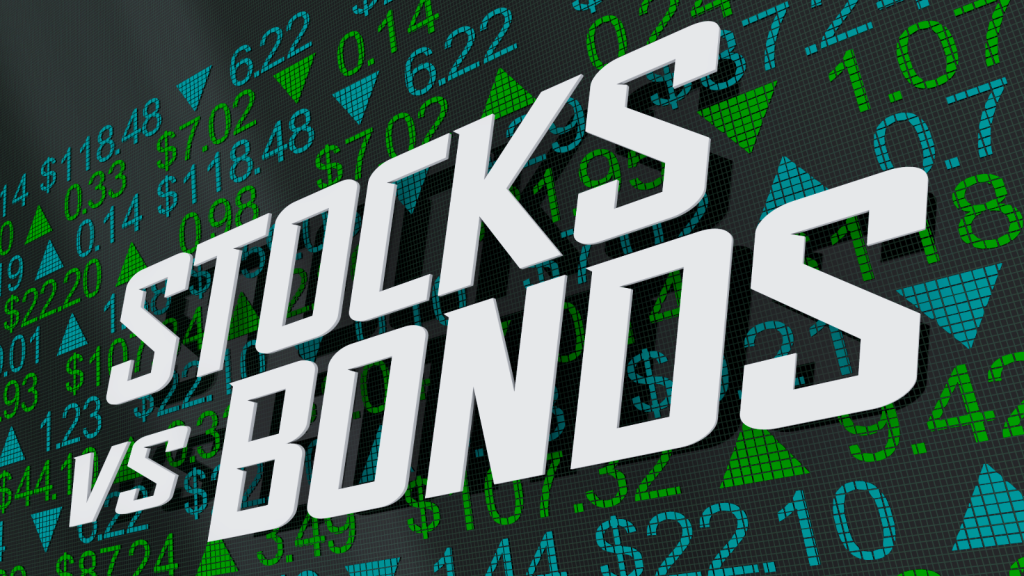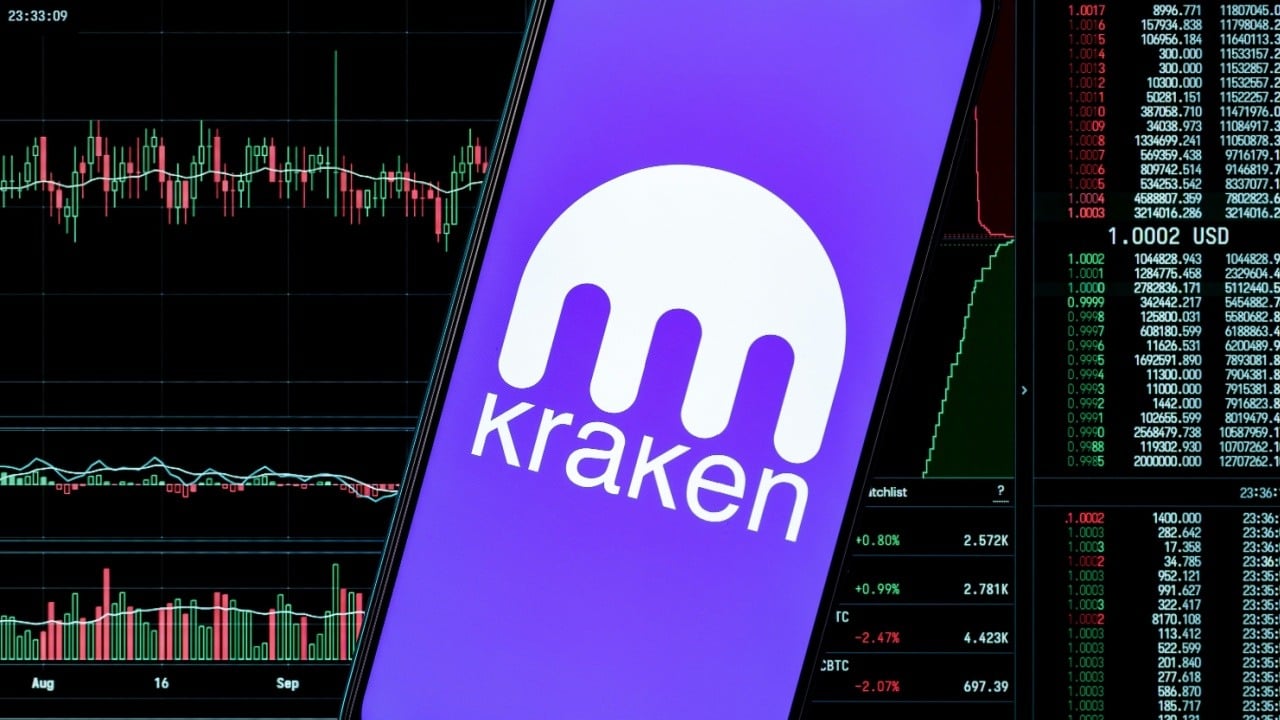I want to buy a $2.5 million house – should I borrow against my stock portfolio or take out a mortgage?
Buying a multi-million dollar house in a relatively high interest-rate environment can really set one back financially. Fortunately, there are options that one can take to reduce the interest they’ll pay on a supersized loan for a home. For instance, borrowing against your stock portfolio can mean less going towards interest payments. That said, there […] The post I want to buy a $2.5 million house – should I borrow against my stock portfolio or take out a mortgage? appeared first on 24/7 Wall St..

Buying a multi-million dollar house in a relatively high interest-rate environment can really set one back financially. Fortunately, there are options that one can take to reduce the interest they’ll pay on a supersized loan for a home. For instance, borrowing against your stock portfolio can mean less going towards interest payments. That said, there are added risks of putting your portfolio up as collateral. And for some, the risks aren’t worth the while, making a more traditional mortgage the preferable option.
Either way, let’s explore the case of a Reddit user who recently posted on the r/fatFIRE subreddit, seeking input from other financial overachievers for advice on the pros and cons of borrowing against one’s fat (it’s worth about $12 million) investment portfolio. Now, not everyone will be in “fat FIRE” shape, with a seven- or eight-figure sum invested in stocks, bonds, and other assets.
Either way, those looking for a $500,000 apartment may still wish to consider borrowing against a smaller portfolio if it means lowering interest payments by a subtle amount. Let’s dive in on the advantages and disadvantages of such.
Key Points
-
Borrowing against a stock portfolio for lower rates can have its downsides.
-
Traditional mortgages and all-cash purchases seem less risky, in my view.
-
Are you ahead, or behind on retirement? SmartAsset’s free tool can match you with a financial advisor in minutes to help you answer that today. Each advisor has been carefully vetted, and must act in your best interests. Don’t waste another minute; get started by clicking here here.(Sponsor)
Borrowing against the portfolio for a lower rate
Getting a slightly lower interest rate and a bit more financial wiggle room sounds like a fantastic deal on paper, especially if the stock market is humming along. That said, the stock (and bond) markets don’t always rise in any given year.
We could have another bad year like the one we endured in 2022. And if we can have two exceptional years in a row (think 2023 and 2024, which saw the S&P 500 soar more than 20% each year), you can bet that it’s also possible that we could have two years in the red. And if you’re one to get really nervous in the face of increased market volatility, perhaps borrowing against one’s portfolio is a bad move.
Arguably, borrowing against a portfolio can help you be flexible in other areas while severely limiting it in others. Most notably, if your stock portfolio value declines by a double-digit percentage point, perhaps in response to a market crash, you may need to add more collateral or put a lump sum towards the loan. In a way, it’s like getting a margin call when leveraging up to buy stocks. When the tides turn, things could have the potential to get really ugly!
Indeed, things can get rather sticky if the bear is in control of the market rather than the bull. Given that valuations are quite high and Warren Buffett is raising record sums of cash, I’d not move forward with the assumption that stocks will keep rising through the second half of the decade.
The fact of the matter is that stocks can crash, and while an eight-figure sum seems large enough to avoid any calls for further collateral, the limited flexibility and added uncertainty, I believe, may not be worth the savings on interest rates.
At the end of the day, if you value flexibility, borrowing against anything may be the less ideal move that adds to your slate of risks. Remember, you won’t get the lower rate on a loan for free. You’ll have to take on risks that you may not understand fully. That’s why I’d encourage someone in a similar spot to ask a financial advisor to crunch the numbers.
Taking a traditional mortgage or paying in cash could make more sense.
With such a massive portfolio, there’s more than enough to pay for the home in cash. They may even have more negotiating power with an all-cash offer. If one isn’t looking to cash out of the market, perhaps a simpler, traditional mortgage leads to a better night’s sleep. With a high net worth and solid credit, a fixed-rate mortgage could prove wise, especially as rates inch lower over the coming years.
Either way, this Reddit user has options. If I were in their shoes, I’d go the route of a fixed-rate traditional mortgage, or if they’re looking to lighten up on the stocks at today’s market highs, perhaps cash could make sense.
The post I want to buy a $2.5 million house – should I borrow against my stock portfolio or take out a mortgage? appeared first on 24/7 Wall St..






























































































































































